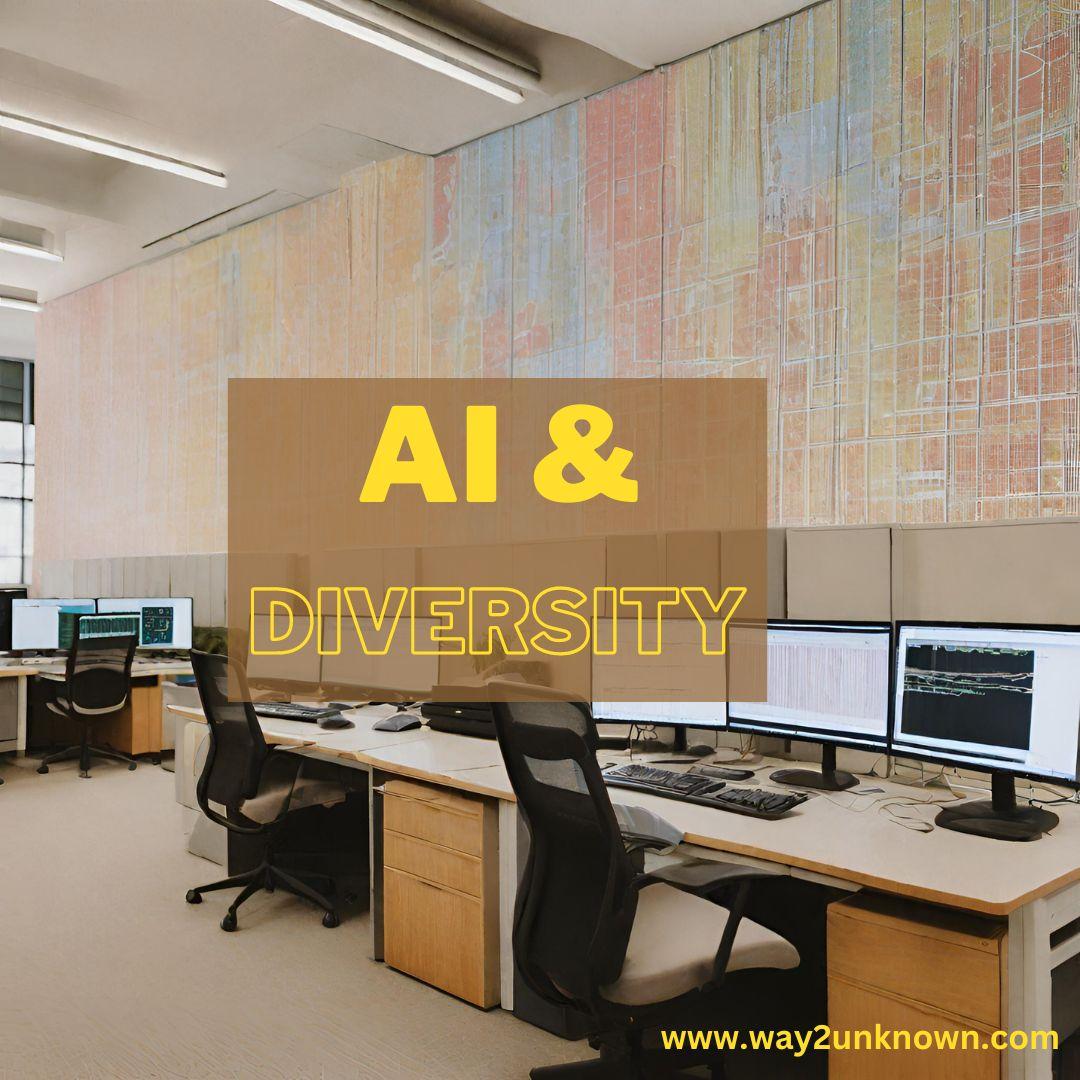AI and Diversity: Addressing Bias and Promoting Inclusivity in the Workplace

In recent years, artificial intelligence (AI) has become increasingly integrated into various aspects of the workplace, promising greater efficiency, productivity, and innovation. However, as AI systems become more prevalent, concerns about bias and lack of diversity have emerged. Without careful consideration and proactive measures, AI technologies risk perpetuating and even exacerbating existing inequalities within organizations.
One of the primary challenges associated with AI in the workplace is algorithmic bias. AI systems are trained on historical data, which may reflect and perpetuate societal biases and prejudices. For example, biased hiring algorithms may favor certain demographics over others, leading to systemic discrimination in recruitment processes. Similarly, AI-powered performance evaluations may inadvertently penalize employees from underrepresented groups due to biased training data.
To address these issues, organizations must prioritize diversity and inclusivity in AI development and implementation. This involves diverse representation in the teams designing and training AI systems, as well as rigorous testing and validation processes to detect and mitigate bias. Additionally, ongoing monitoring and evaluation are essential to ensure that AI technologies promote fairness and equality in the workplace.
Moreover, AI can be leveraged as a tool to enhance diversity and inclusion efforts. By analyzing vast amounts of data, AI systems can identify patterns of bias and discrimination, enabling organizations to take targeted action to address systemic inequalities. Furthermore, AI-driven diversity initiatives can help personalize employee experiences, providing tailored support and resources to individuals from diverse backgrounds.
In conclusion, while AI presents immense potential for transforming the workplace, it also poses significant challenges in terms of diversity and inclusivity. By acknowledging and actively addressing bias in AI systems, organizations can harness the power of technology to foster a more equitable and inclusive work environment for all employees.